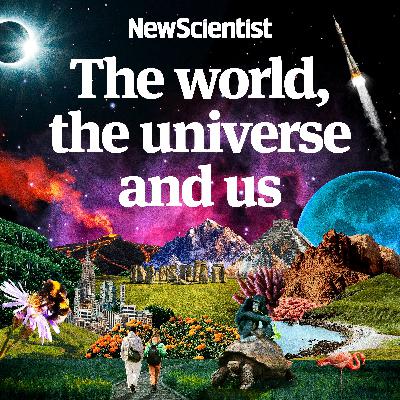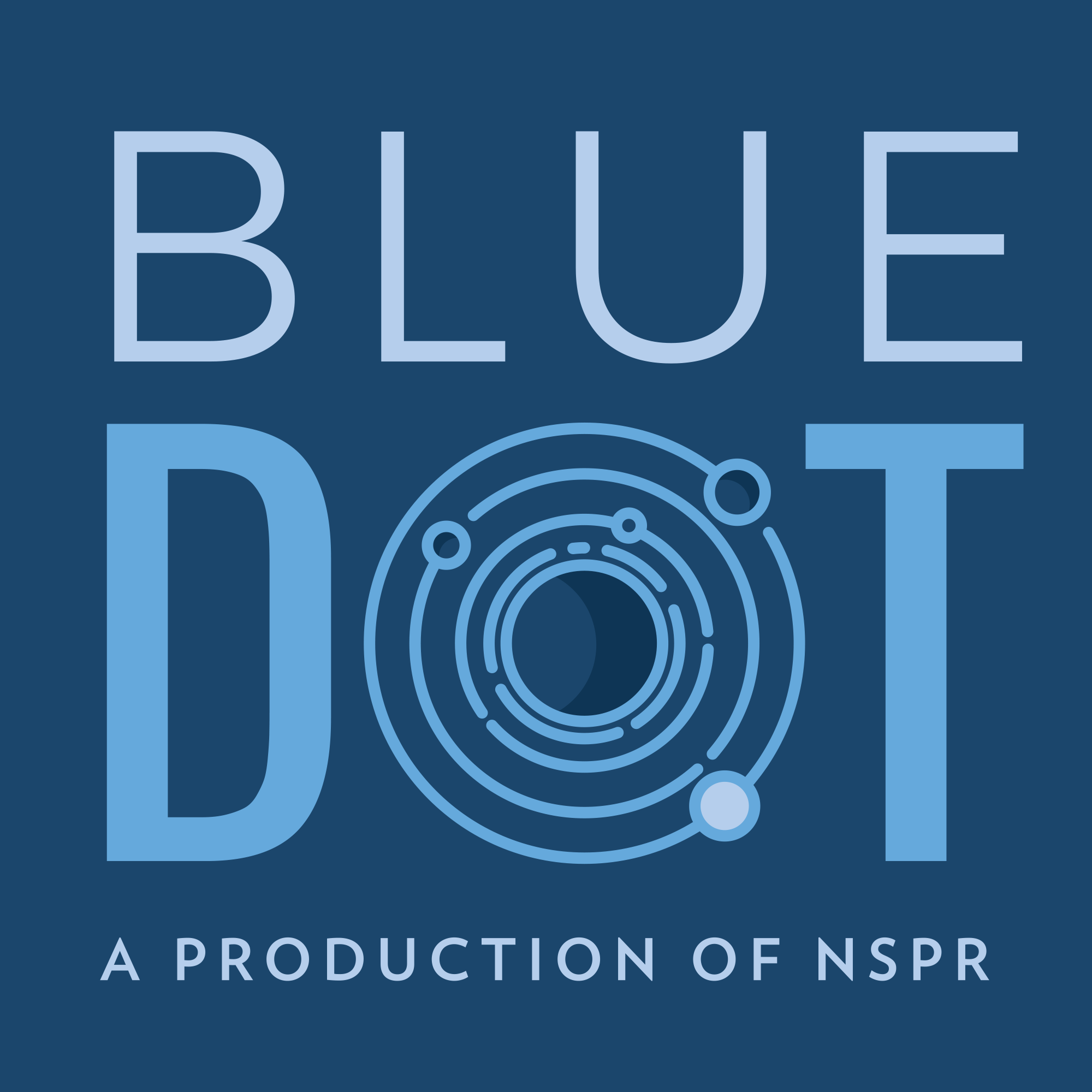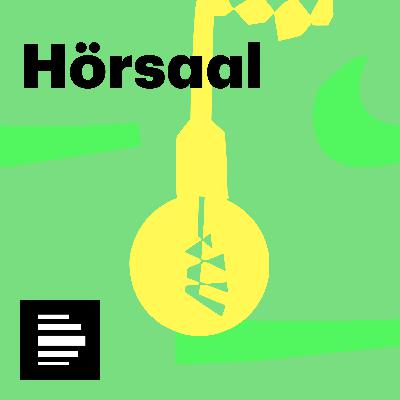How Jane Goodall changed the world; How the universe ends; How “selfish sperm” affect male fertility - The world, the universe and us
Description
Episode 324
The legendary primatologist Jane Goodall died last week aged 91, leaving behind a remarkable legacy. Her work studying tool use in chimpanzees completely reshaped the way we view animal intelligence. Fiercely protective of the natural world, she was also responsible for a huge amount of advocacy during her life. Primatologist Alejandra Pascual-Garrido worked directly with Jane and shares the story of her life and work.
Will the universe end with a bang, or a quiet whimper? Katie Mack is a cosmologist, science communicator and best-selling author of The End of Everything. She explores why she’s fascinated by how the universe might end, the most likely scenarios for how it happens and why it’s an exciting time for both physics and cosmology. She also offers her thoughts on the recently announced Nobel Prize in Physics - and teases her upcoming book How To Build A Universe.
Older fathers may have a bigger impact on the health of their offspring than we realised. We know that sperm accumulates mutations as men age, but a study sheds new light on the risks. Men aged 70 are twice as likely to have children with serious genetic disorders. And it’s all to do with “selfish sperm”.
Chapters:
(00:51 ) Jane Goodall’s legacy
(20:52 ) Kate Mack on the end of the universe
(38:47 ) Selfish sperm
Hosted by Rowan Hooper and Penny Sarchet, with guests Alejandra Pascual-Garrido, Katie Mack and Michael Le Page.
To read more about these stories, visit https://www.newscientist.com/
Learn more about Yakult at www.yakult.co.uk
Get your ticket for New Scientist Live here: https://live.newscientist.com/
Learn more about your ad choices. Visit megaphone.fm/adchoices















